Nourishing leadership over the past five years
Nourish started with a simple idea: how can the hospital tray be a platform to dream big and transform our food and health systems?
By asking how we can provide comfort and healing to patients, create more resilient communities, and address climate change, we can transform food in health care to build health for people and planet. Watch our video manifesto, "Ode to the Hospital Tray."
Since 2016, our community of practice continues to grow and nourish leadership to transition towards health care systems that are more preventative, equitable and sustainable. Here are some highlights from our past five years.
2016
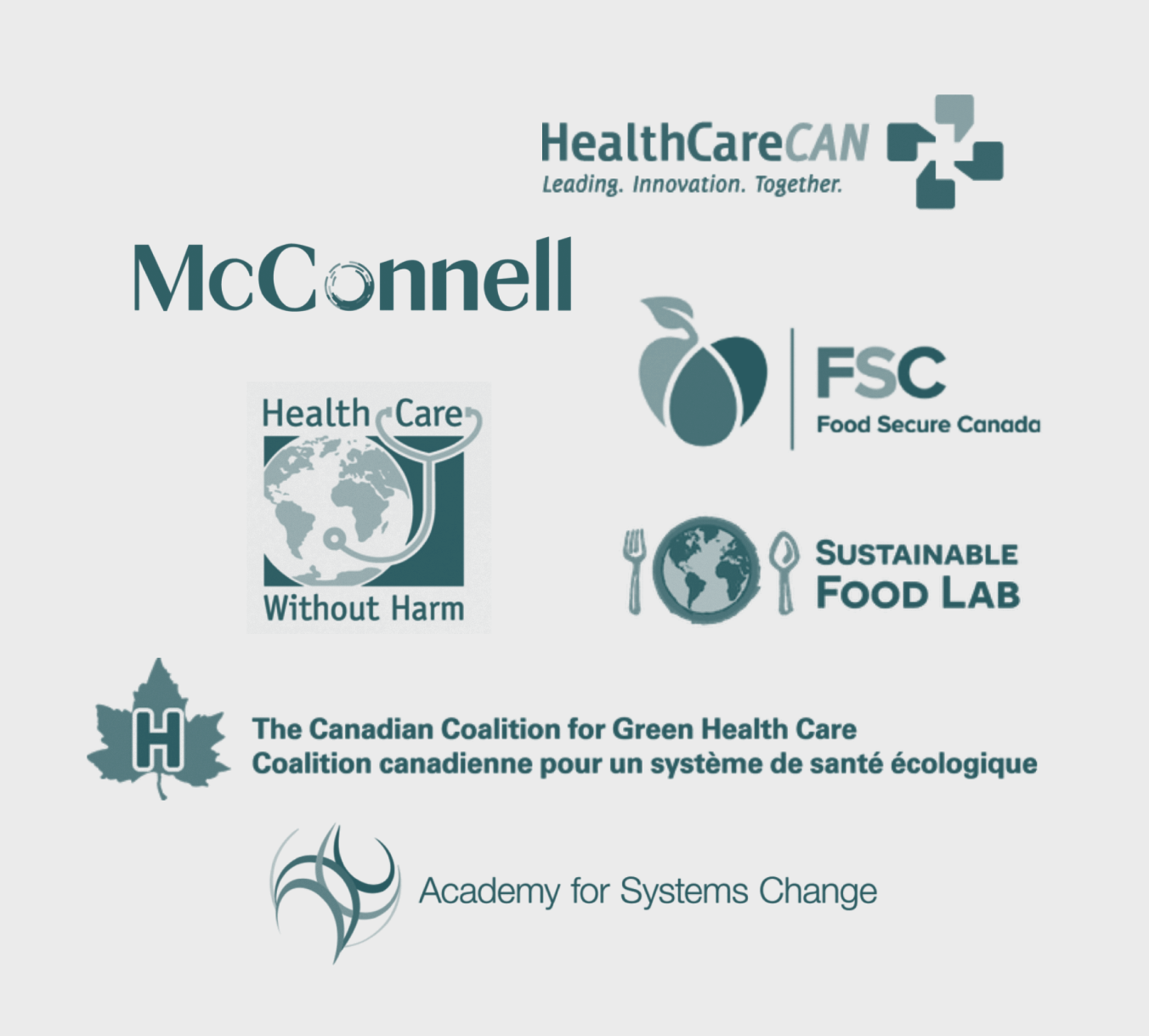
Nourish started to explore the future of food in health care as an initiative of the McConnell Foundation, with partners including Food Secure Canada, Health Care Without Harm, HealthCareCAN, the Canadian Coalition for Green Health Care, Sustainable Food Lab, and the Academy for Systems Change.
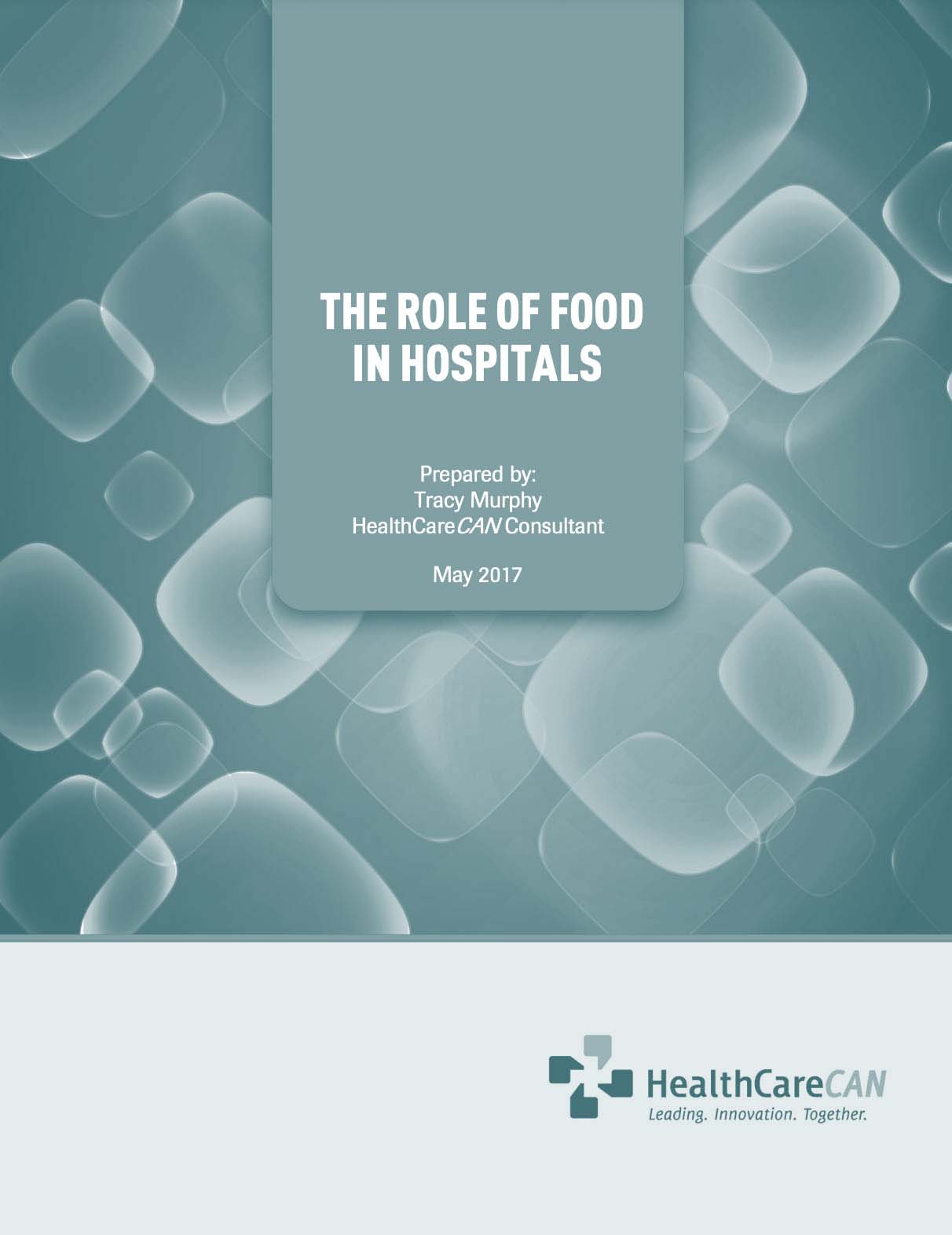
We contributed to the HealthCareCAN’s Issue Brief "The Role of Food in Hospitals," which identified opportunities around hospital food: improving the patient food experience, the idea of "food as medicine," providing culturally sensitive food, sourcing local and fresh ingredients, and offering more nutritious retail food in hospitals.
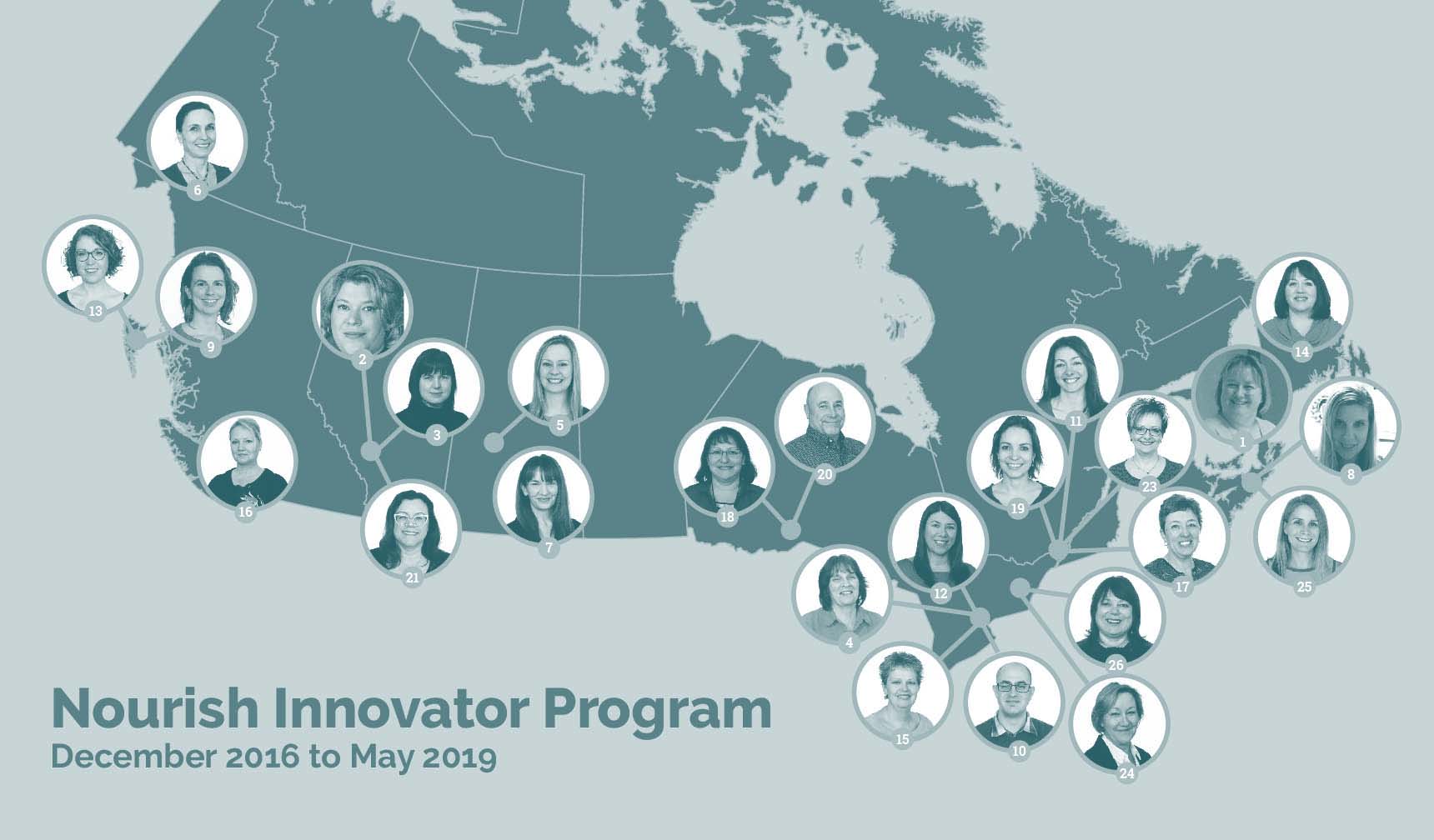
Nourish kicks off the Innovator Cohort, a three-year program bringing together 26 health care leaders who are decision makers around food in hospitals, long-term care, community health, and health authorities from around the country.
2017
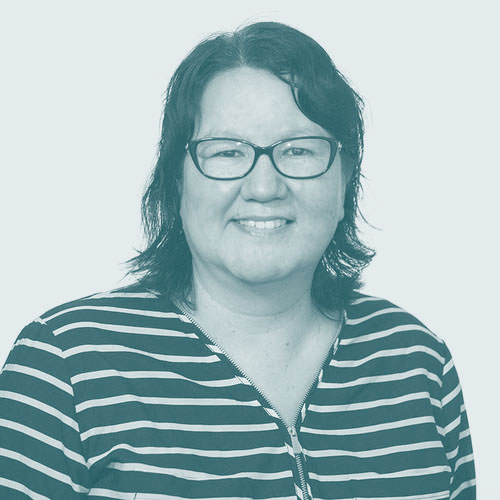
Reflecting on the potential of the Innovator Cohort for systems change, Melanie Goodchild (Turtle Island Institute) said, "This is an opportunity to look at prototypes, to learn from what people are doing and to scale those. And that's a really important opportunity that wouldn't happen if there wasn't a program like Nourish that brought innovators together."

In February 2017, we gathered 40 people from across the country for the first Innovator Cohort retreat in Quebec. Representing 25 organizations and 8 provinces and territories, the retreat was an opportunity to hear from other people who were making bold changes with food in their institutions, and learn from different perspectives. See what participants had to say in this video on nourishing the future of food in health care.
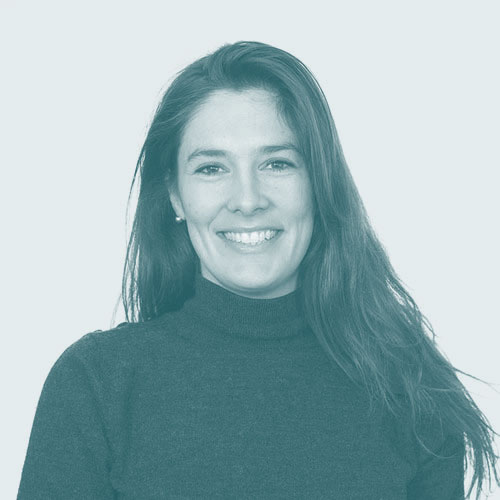
As Nourish Co-Director Hayley Lapalme says in the video, "So often we talk about food as a cost. We want to reframe that conversation, we want to talk about the opportunity to create value through food: better value for the patient, positive impact on the culture of the organization, and a positive impact on community wellbeing."
2018
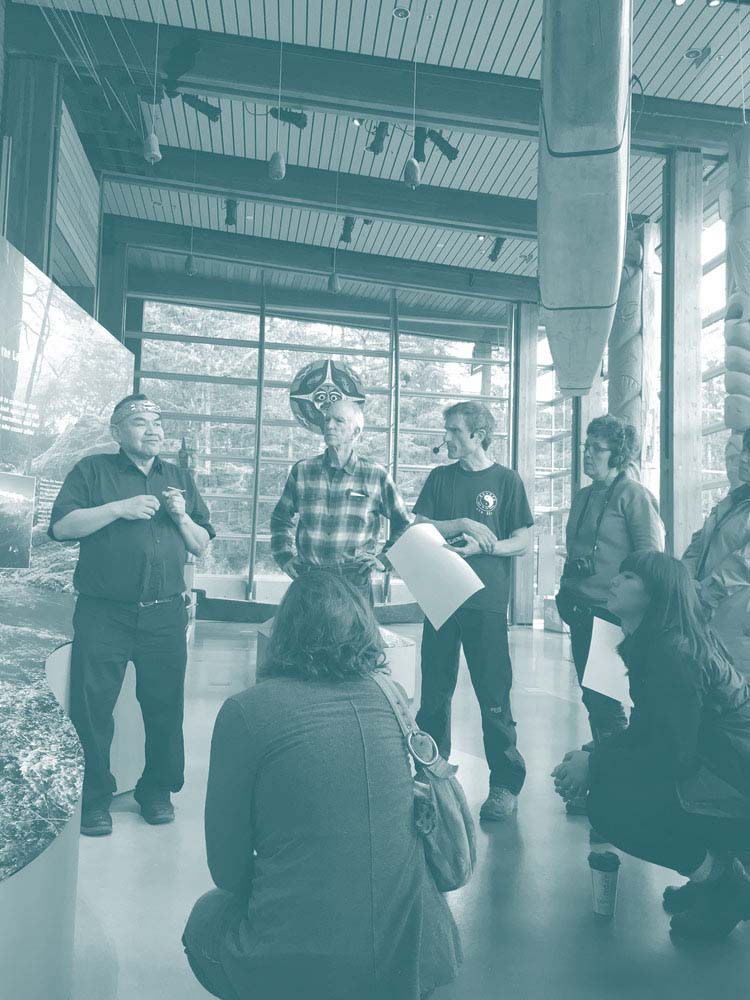
By April 2018, participants in the Innovator Cohort were advancing on collaborative projects with peers from across the country. We gathered these Innovators for a week in British Columbia, creating an opportunity for them to meet in person, learn from Nourish Advisors, as well as experience firsthand work that is happening in sustainable agriculture from Squamish and Lil’wat First Nations, and other Indigenous communities.

Nourish hosts its first Food for Health Policy Workshop, inviting health officials from provincial, territorial and Indigenous governments across the country to learn about innovative Canadian and international approaches to food in health care and discuss key policy-ready opportunities.
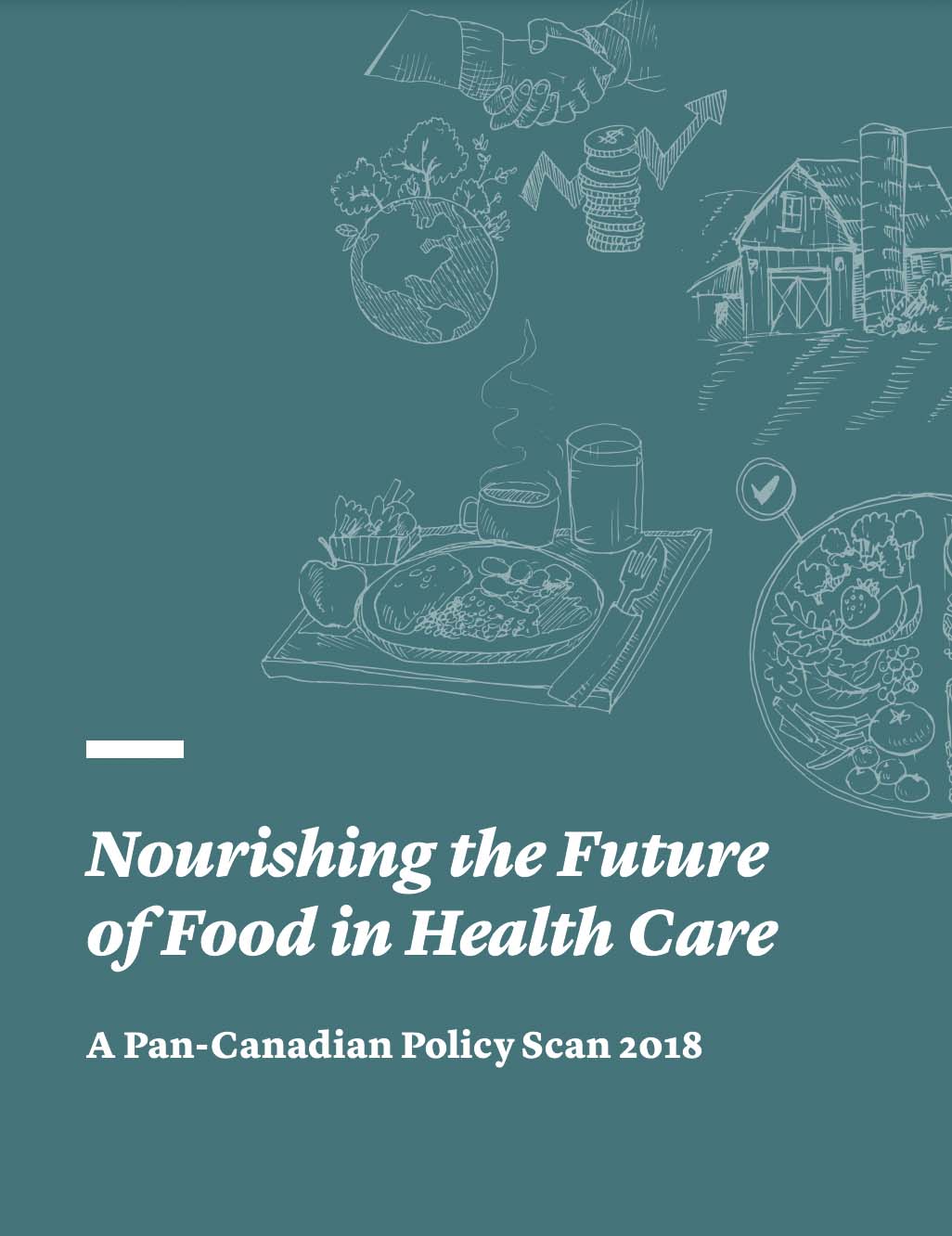
One outcome of this workshop was a pan-Canadian policy scan that inventories the health, agriculture and procurement policies that guide food in health care settings. It highlights five policy leverage points as ways to enhance the economic, health, social and environmental benefits of bringing food into a more central role for health and healing.
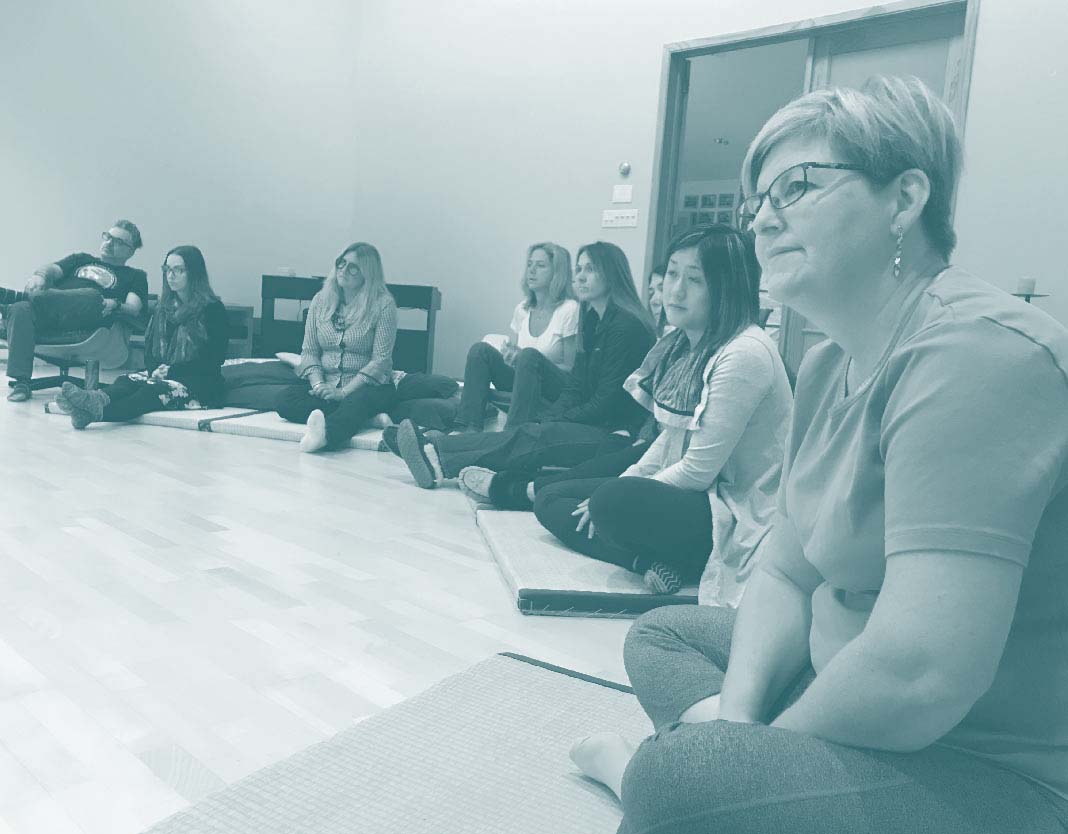
When we talk about healthy food, we often stop at the nutritional profile of meals. So how do we reframe what is "healthy" to connect all of the impacts on not only human health but also on our communities and a sustainable food system? In October 2018, Nourish convened a strategy retreat to explore this, with 22 leaders from across healthcare, government, food systems, and philanthropy who took an environmental nutrition approach to look at health care in new ways.
2019
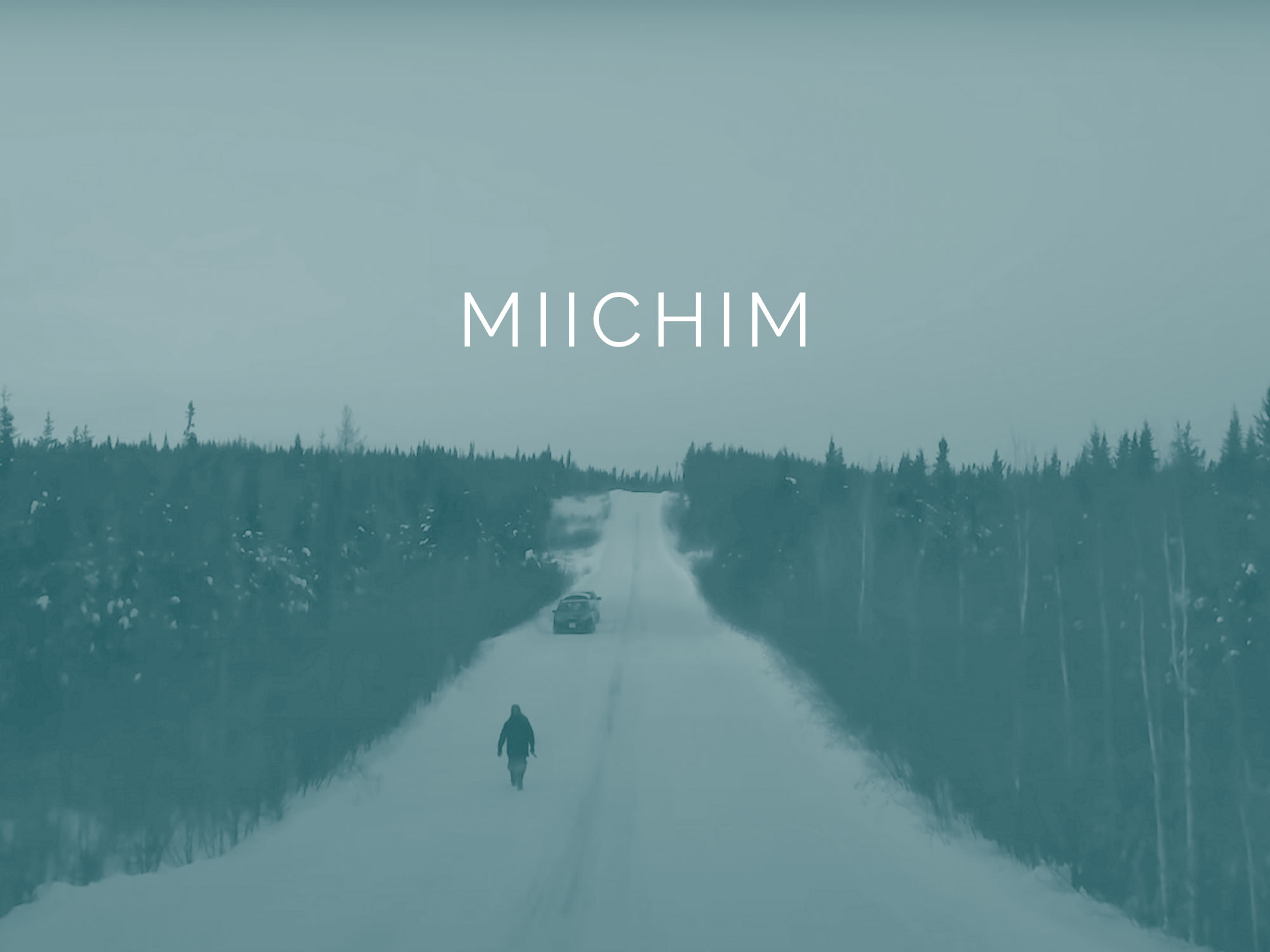
Nourish releases the short film, "Miichim" about Kathy Loon and the team at Sioux Lookout Meno Ya Win Health Centre in Northwestern Ontario, and their dedication to serving traditional foods to Indigenous patients for both health and healing.
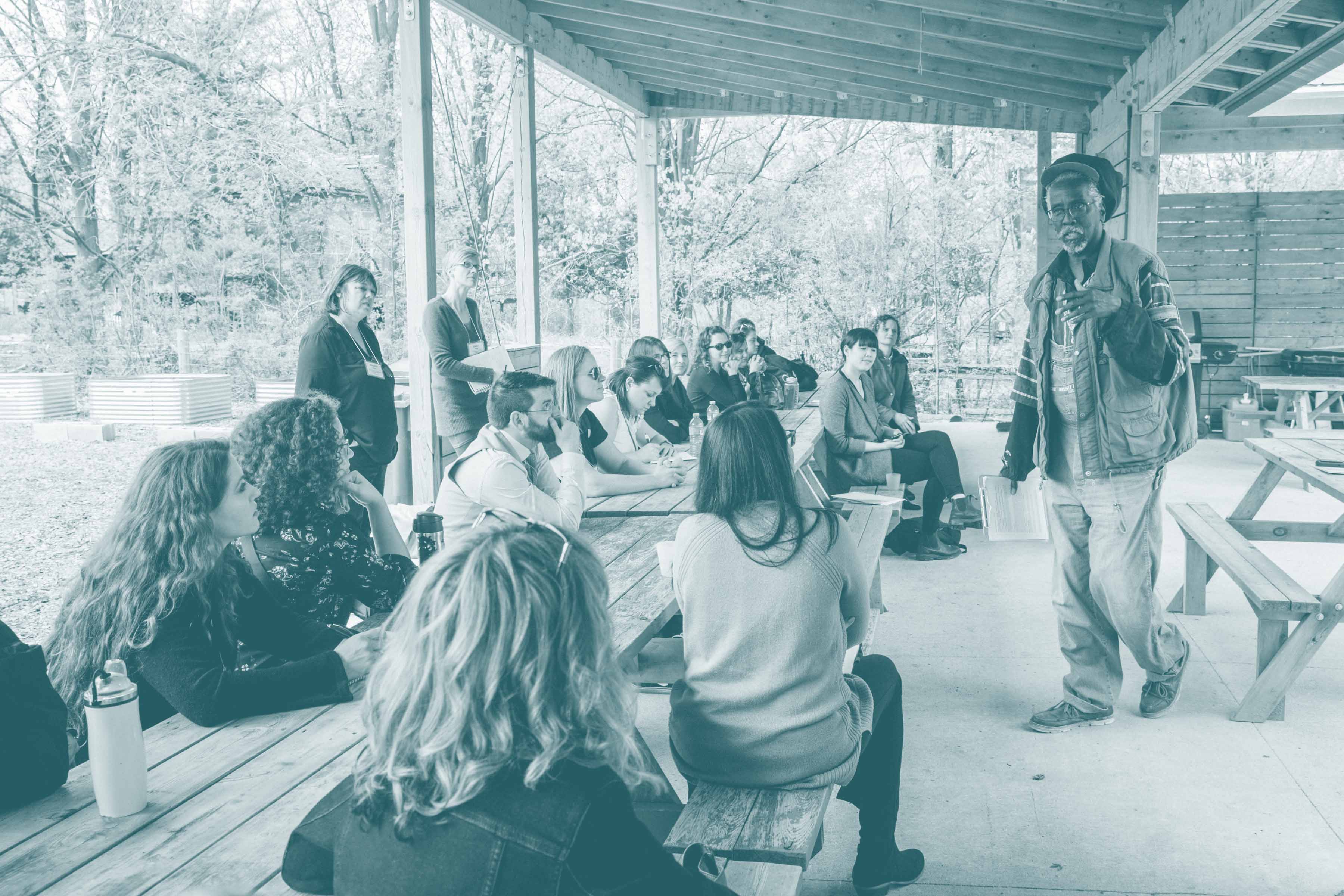
In May 2019, we hosted the Nourish Food for Health Symposium in Toronto, gathering 170 people from the health care and food sectors to learn about taking leadership to make food a fundamental part of care. The Symposium centered diverse perspectives, Indigenous knowledge, and experiential and land-based learning, and participants learned from leading thinkers such as Peter Senge and Sheila Watt-Cloutier.

A feature at the symposium was the "Hospital Food Experience from the Future," an event that challenged three teams to embody the future of what patient-friendly, planet-friendly, and scale-friendly meals could look like. Hospitals worked together with leading chefs to prepare a tasting of a hospital meal from the future.
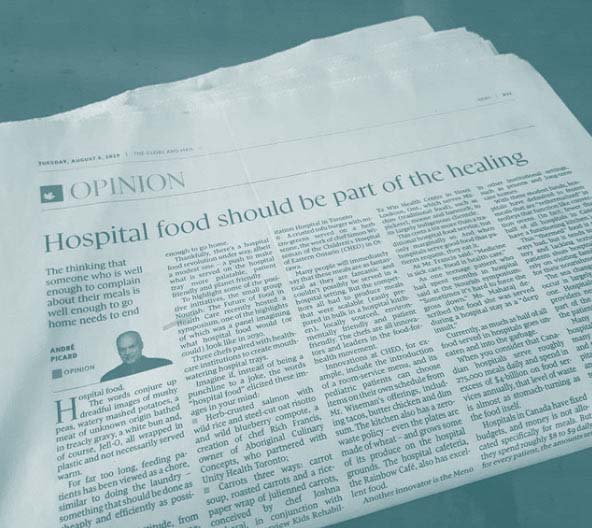
In August 2019, André Picard, pre-eminent health journalist at the Globe and Mail, wrote about the vast potential for food to lead to change in health care, saying that "hospital food should be healing, not horrifying."
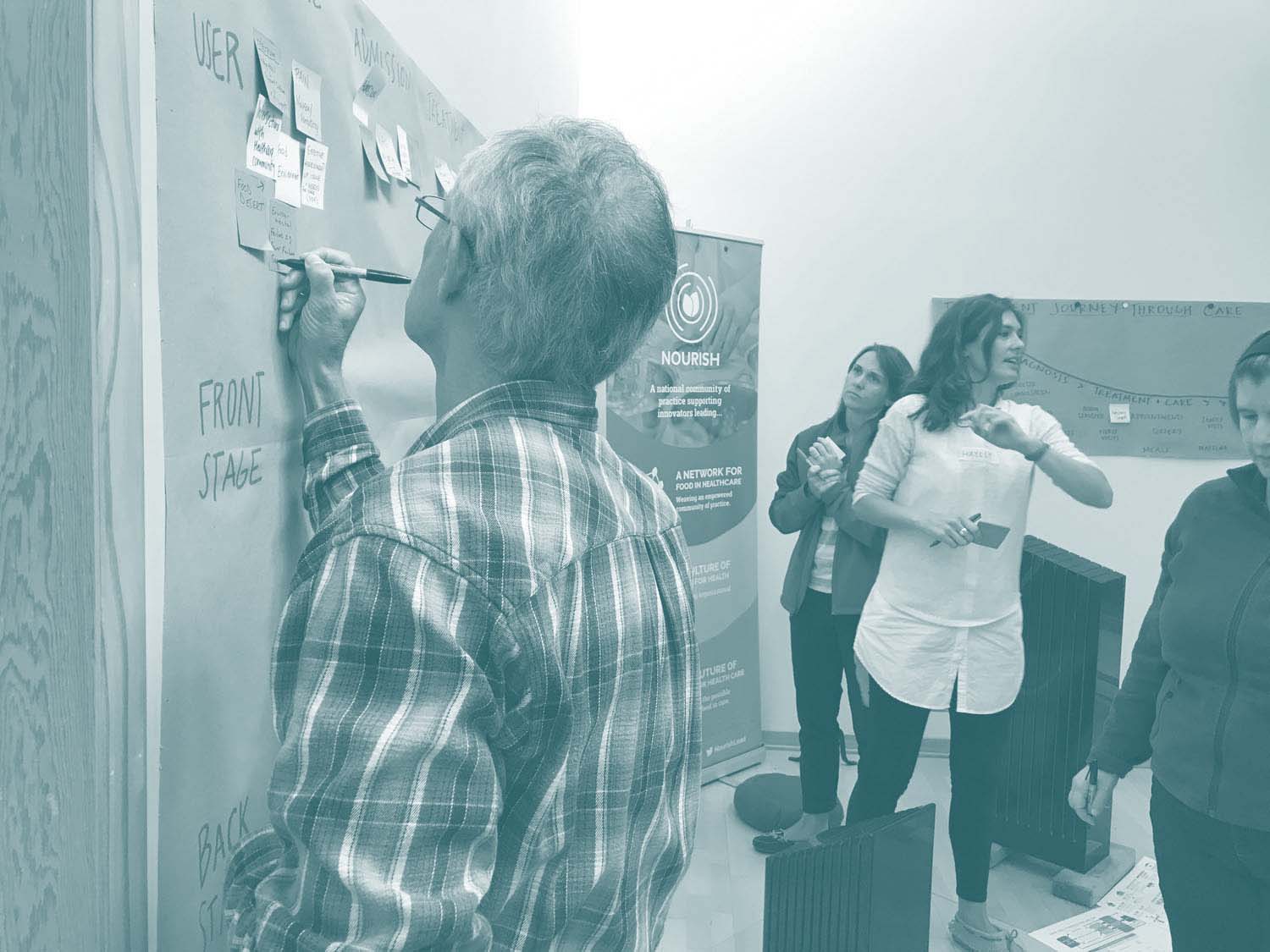
In September 2019, we hosted the second Food for Health policy maker workshop around the theme of institutions which model change in the wider community. This approach positions hospitals as "anchor institutions," which can make a big impact on local economies by acting on social determinants of health by strategically leveraging their procurement, hiring, investments, and capacity. By aligning clinical resources to address social needs, hospitals address not only acute health care issues but also work with the community to build long-term health, reducing preventable costs and strengthening wellbeing.
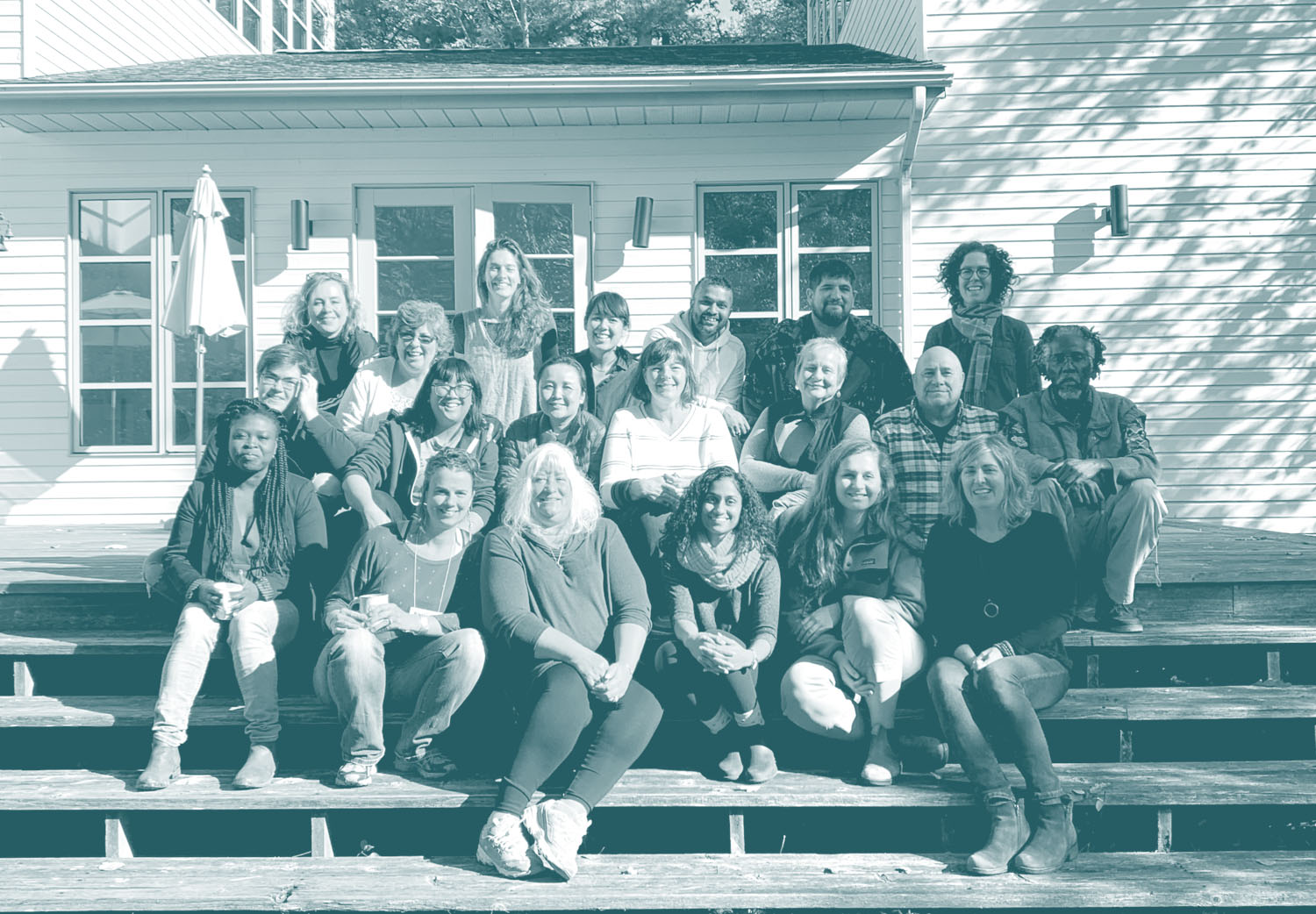
In October 2019, we hosted a group of 21 leaders on traditional Anishinaabe and Ojibwe territory on Lake Rosseau, and explored how health and community sectors can collaborate to support and anchor Equitable Access to Sustainable Food for All.
2020
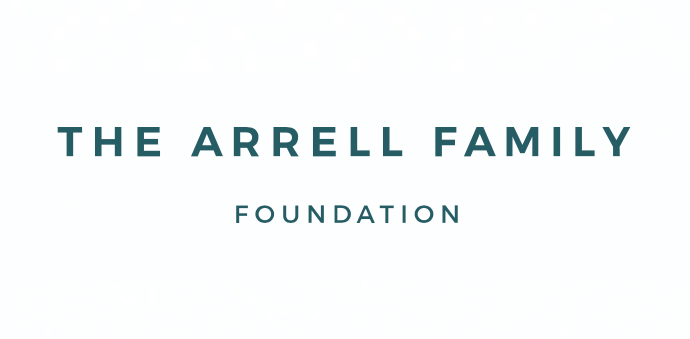
With a mission to improve human and planetary health through food, the Arrell Family Foundation joins Nourish as a core partner in January 2020.
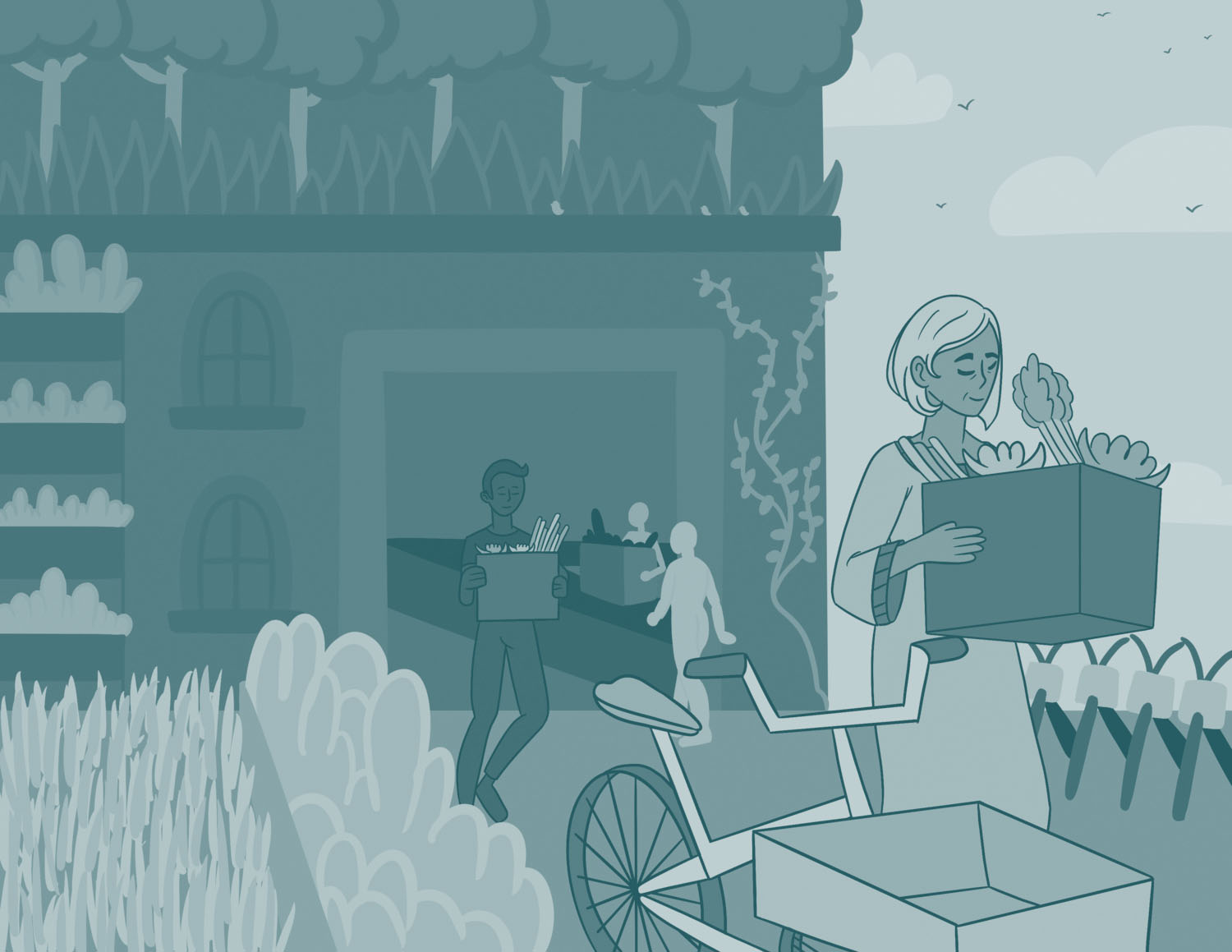
Out of over 1300 submissions worldwide, Nourish was selected as one of the Semi-Finalist Visionaries in the Rockefeller Food System Vision 2050 Prize.
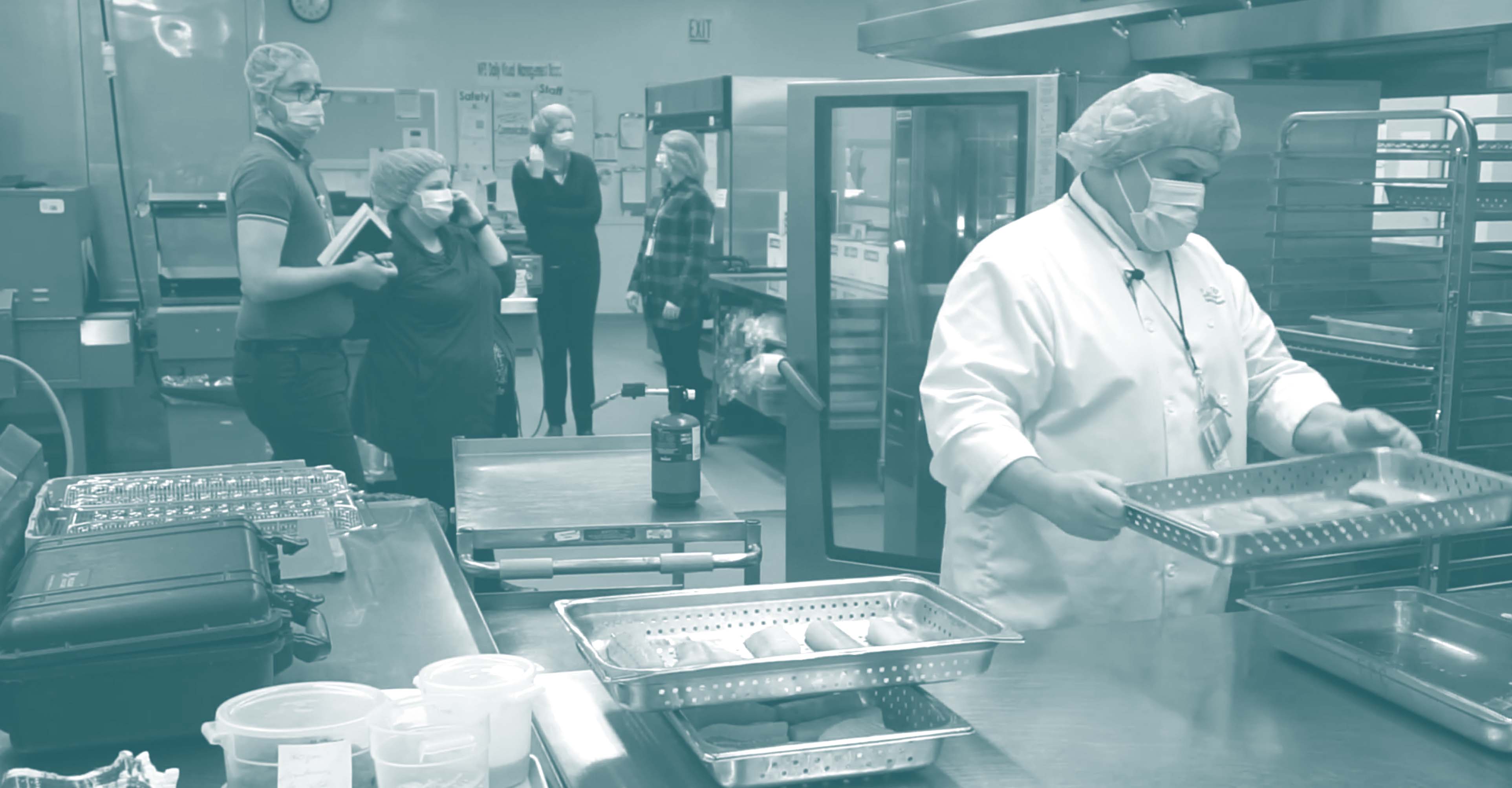
In June 2020 we launched the Food Rx: COVID-19 Patient Food Security Fund to help health care organizations respond to the pandemic. The Food Rx Fund supported a portfolio of 14 grants with $434k, funding projects such as providing emergency food baskets and healthy food prescriptions.
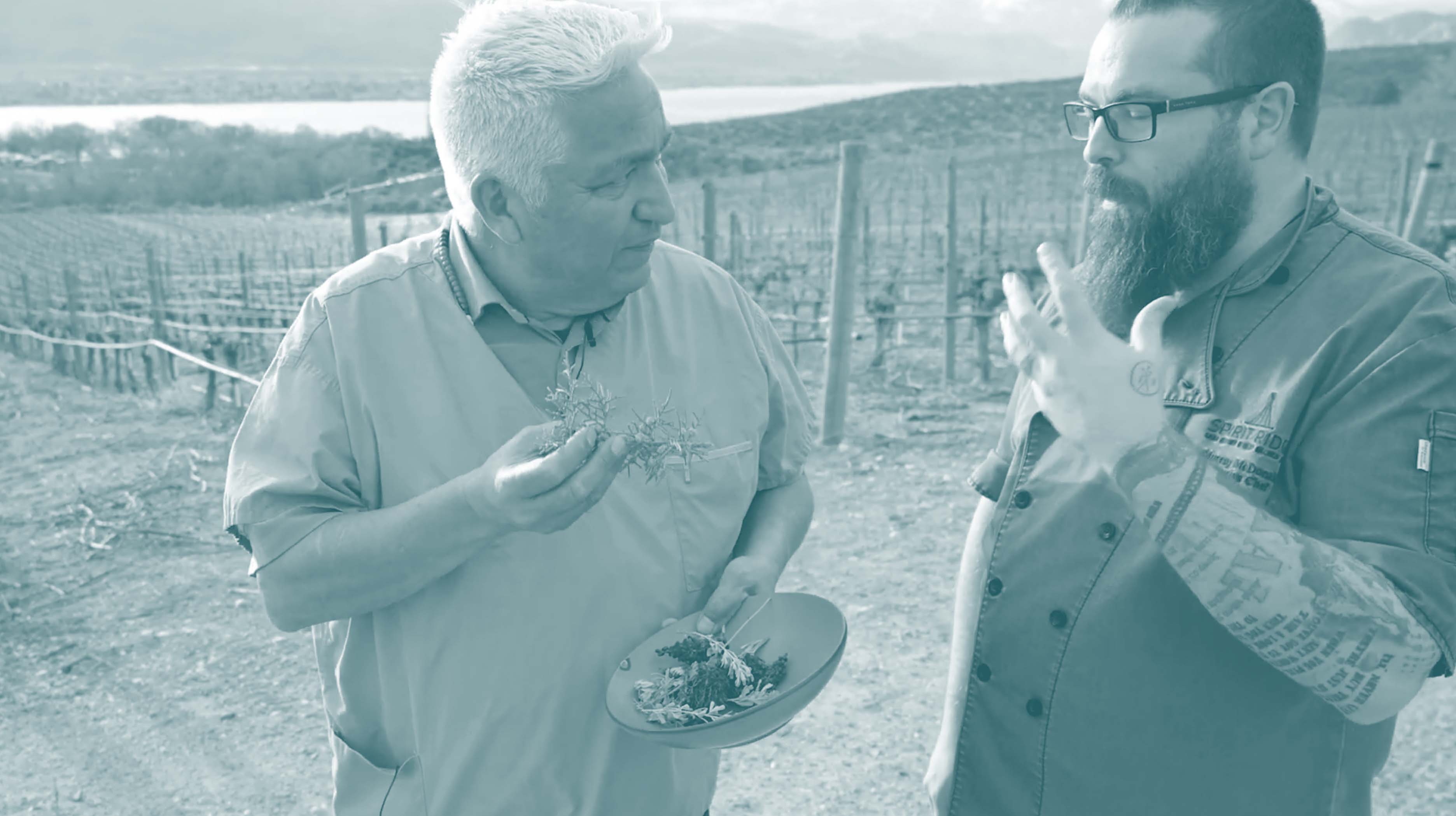
In partnership with the Frontline Fund, an additional $250k supported Indigenous Food Rx, community-led, innovative, and capacity-building projects building both food security and Indigenous foodways during the pandemic. Nourish hosted knowledge exchanges, where Indigenous leaders shared critical information on emerging needs and responses to the pandemic.
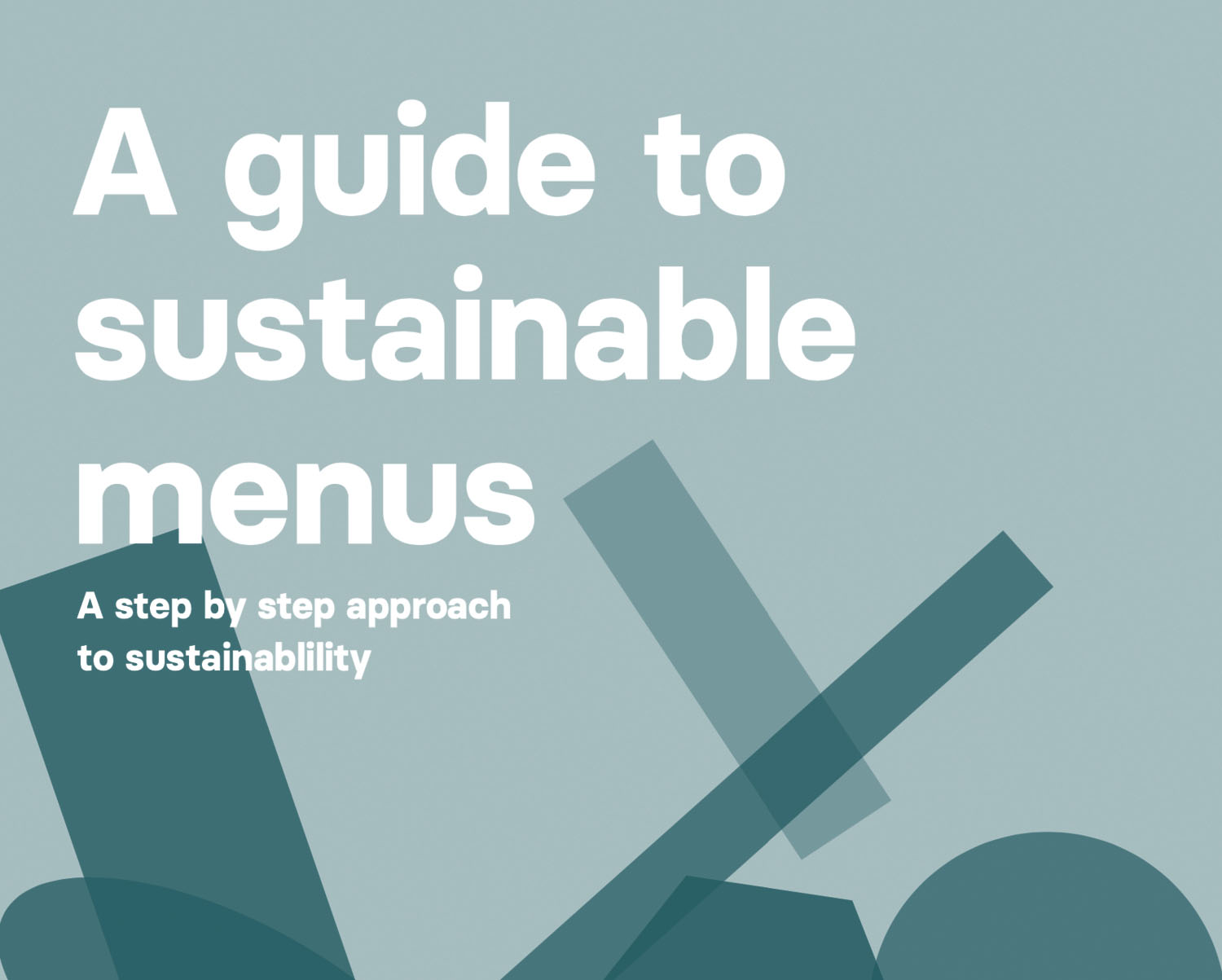
Developed by the Innovator Cohort community of practice, the Guide to Sustainable Menus is released in November 2020. This guide helps health care food service managers to increase the sustainability of their menus, one step at a time.
).jpg)
Across the country, we see growing alignment between the Nourish impact areas and the actions taken by provincial and territorial health authorities. In October 2020, the Ministère de l'Agriculture, des Pêcheries et de l'Alimentation du Québec announced its local procurement strategy, mandating public institutions to fix a target for buying local foods.
We launched recruitment for the Anchor Cohort in November. This 6-month process encouraged 15 teams from across the country to come together and build innovative health care and community partnerships to tackle deep issues related to health, equity and climate. These teams include physicians, nurses, dietitians, food service managers, Indigenous communities and organizations, community leaders and organizations, public health officials, senior leaders and others.
2021

Part of why "wicked problems" such as food insecurity are difficult to address is because solutions are often developed in isolation or silos. Working with the Transition Design Institute at Carnegie Mellon University, we offered an online course for all Anchor Cohort applicants. Each team mapped and explored their wicked problems, identifying complex stakeholder dynamics and then moving to solution-finding.
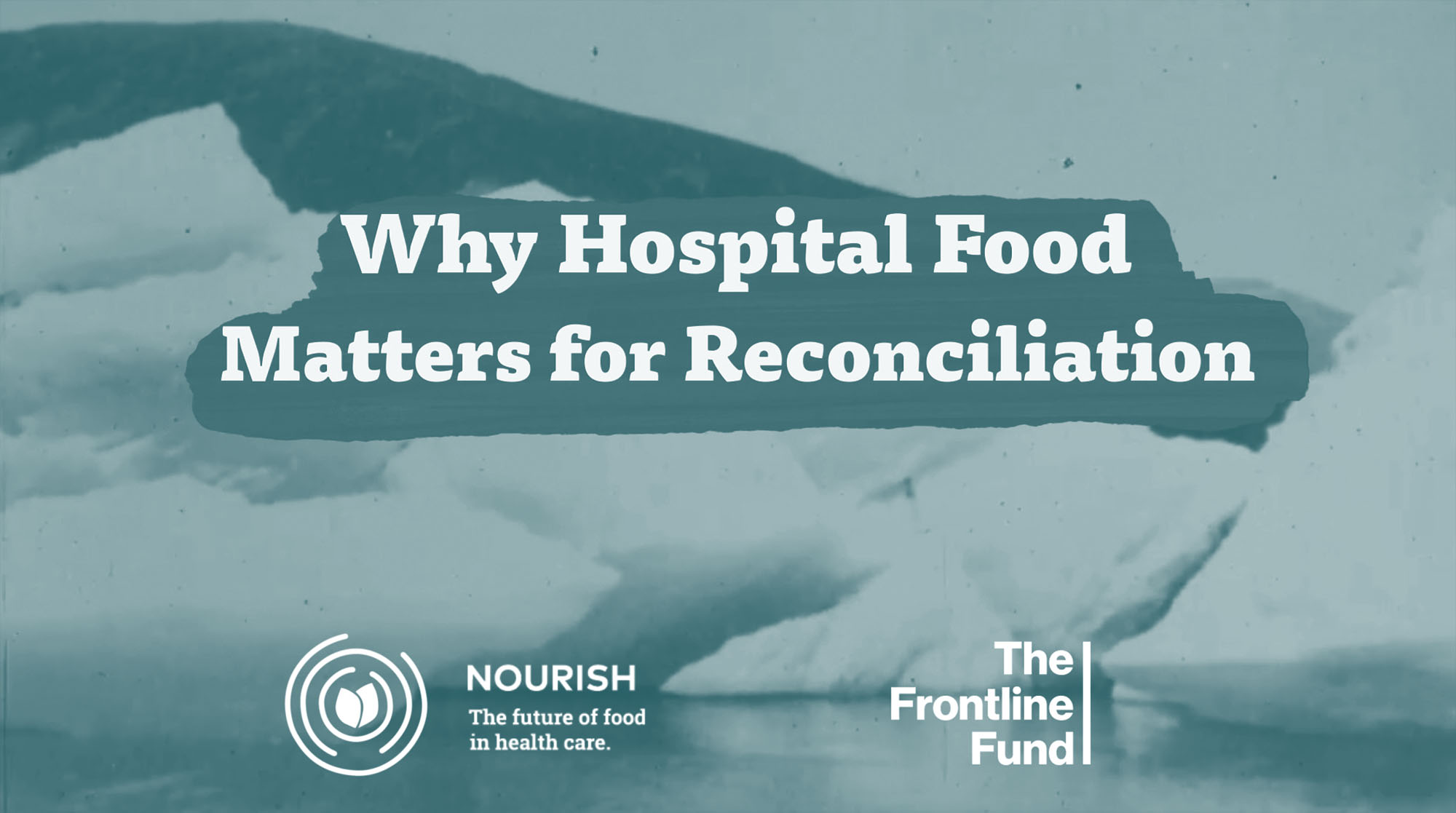
Later in March 2021, we launched the short film "Why Hospital Food Matters for Reconciliation," exploring food insecurity, experiences of anti-Indigenous systemic racism in health care, and the power of traditional Indigenous foodways.
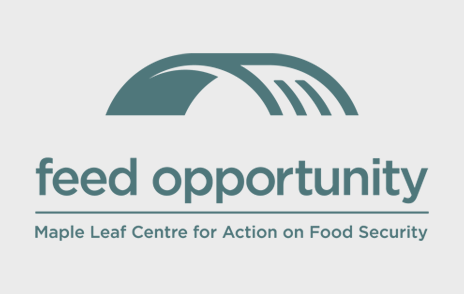
The Maple Leaf Centre for Action on Food Security joins as a core funder, supporting Nourish’s work to make food central to health and address persistent food insecurity rates at scale through multi-stakeholder approaches.
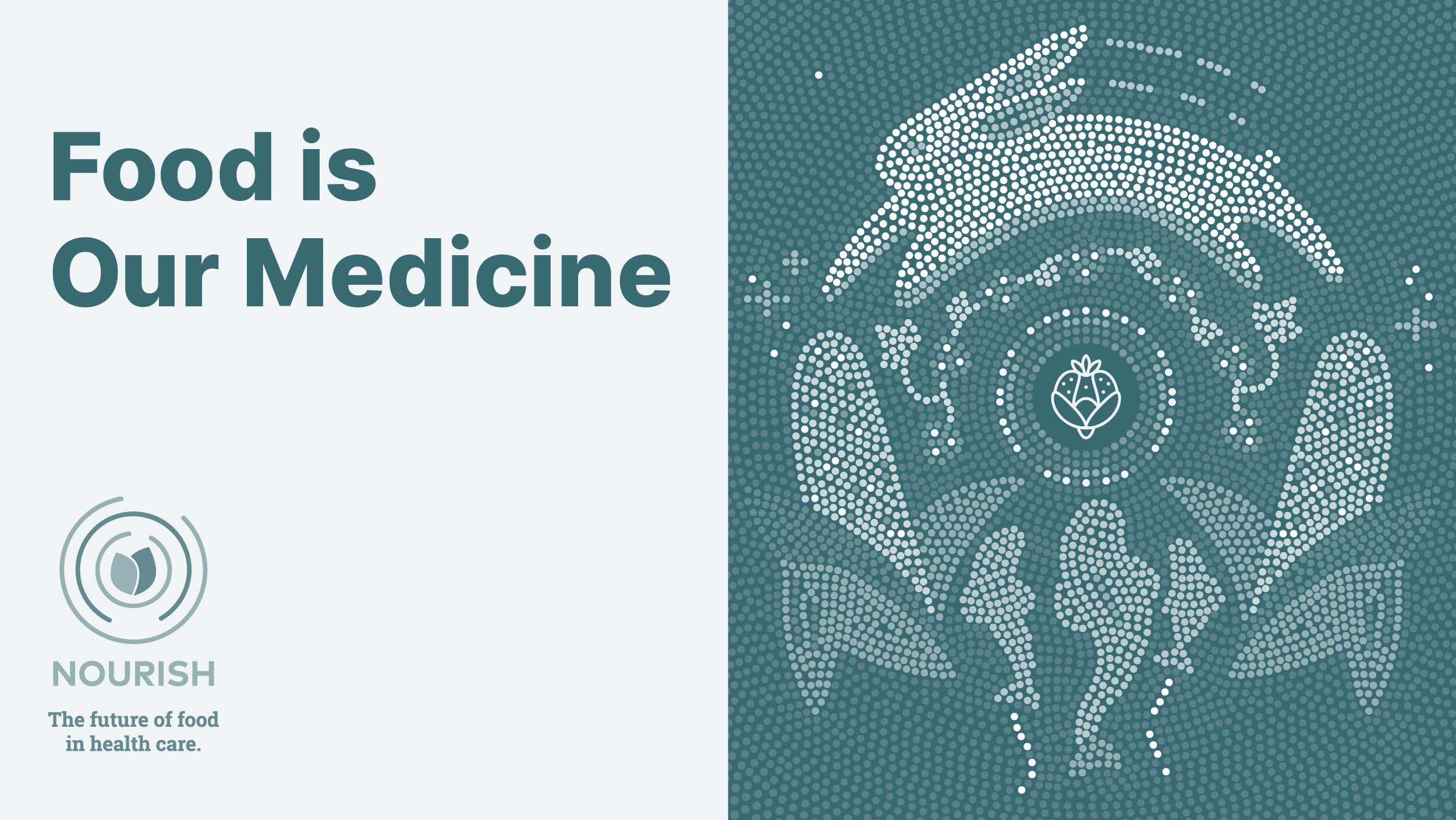
Food is Our Medicine launches: an online course, webinar series, and library of resources designed to introduce health care professionals and leaders to new and different ways of understanding the complex relationships between Indigenous foodways, reconciliation, healing and health care. Developed in close collaboration with the Nourish Indigenous and Allies Advisory, Turtle Island Institute, as well as Indigenous artists and leaders, Food is Our Medicine includes readings, videos, and reflection questions, prompting introspection on how food in health care fits into the path of reconciliation. Our goal is to engage 400 health care leaders by June 2021.
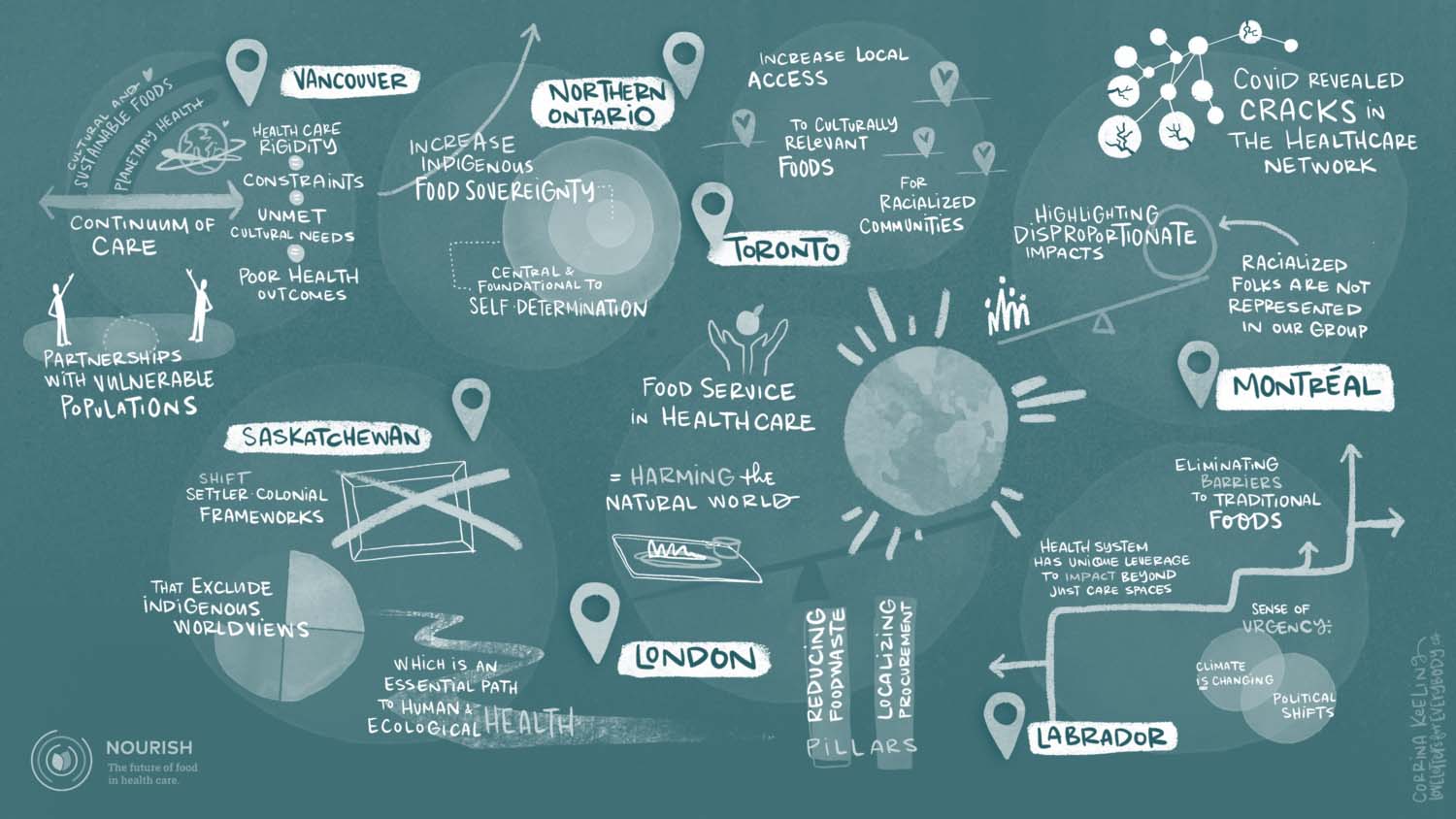
In May 2021, we announced the Nourish Anchor Cohort: a two year community of practice bringing together seven teams of health care and community partners, with teams from: Labrador, London, Montreal, Toronto, Northern Ontario, Saskatchewan, and Vancouver. Working with the idea that food is an upstream determinant of health, each team will tackle interconnected challenges such as health inequity, food insecurity, diet-related chronic disease, and the impacts of climate change. Programming began with a 4-day virtual retreat.
The term anchor signals the opportunity to harness the long-term presence, mission, and resources of health care institutions to anchor well-being in the communities they serve.
.jpg)
"Balancing a focus on acute care with prevention and population health strategies to keep people healthy and out of hospitals reveals food as a high-leverage investment in people’s well-being, rather than simply a cost to be controlled." Read the full article from Beth Hunter, Stephen Huddart, and Peter Senge on how Nourish is transforming food in health care using systems innovation, published in The Philanthropist.
To enable us to flourish at scale, in October 2021 we transitioned into a new charitable organization, Nourish Leadership. We continue to work with our core funders, including the McConnell Foundation, the Arrell Family Foundation, and Maple Leaf Centre for Action on Food Security, in addition to a growing network of funders and supporters.
